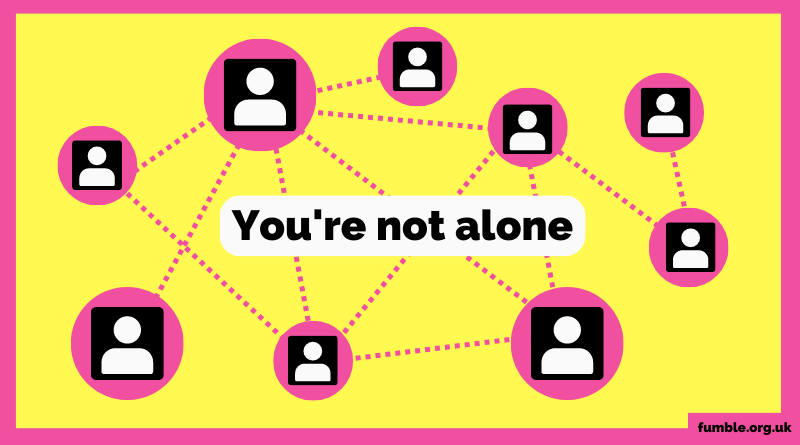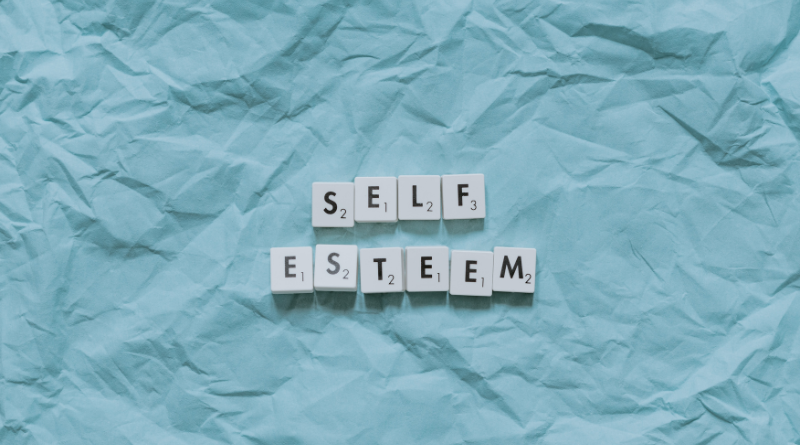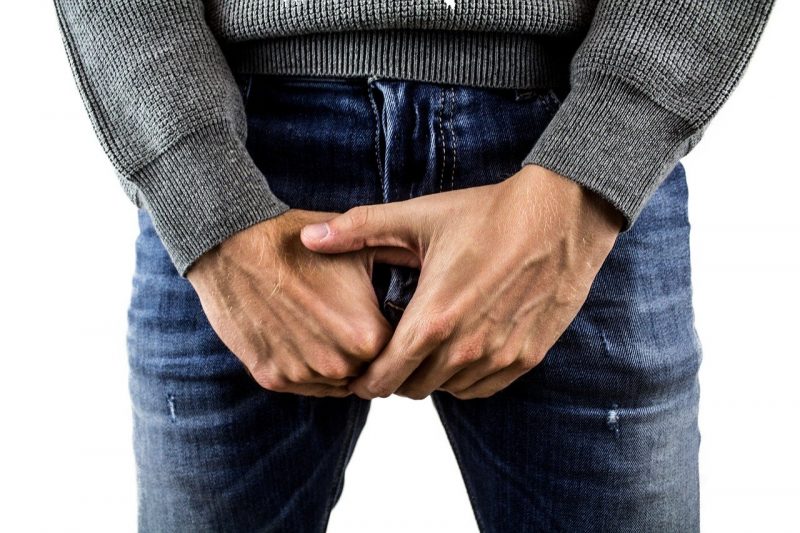Low self-esteem makes us feel bad about ourselves and leaves us feeling like we’re not good enough
Self-esteem is how we think about and value ourselves. It’s based on beliefs and opinions we have about ourselves and is partly formed by the experiences we have. Our self-esteem can change over time, going up and down depending on what’s happening in our lives.
What is low self-esteem?
Low self-esteem is when you think badly about yourself or feel like you’re not worthy of good things. Low self-esteem can make you feel sad and, even though it’s not a mental health condition, it can lead to depression and anxiety.
When you’re growing up, your self-esteem is especially vulnerable because you’re working out who you are and who you want to be. So, if someone is nasty to you, or you fail at something, it can easily knock your confidence and lower your self-esteem.
How do you know if you have low self-esteem? Well, here are some signs to look out for:
- You feel down and generally bad about yourself.
- You think you’re not good enough.
- You beat yourself up over little things when they go wrong.
- You expect things to go badly before they even happen.
- You’re more likely to think other people don’t like you and will be criticising what you say or do.
What is high self-esteem?
On the other hand, if you have high self-esteem then you likely feel that you are worthy of good things, feel confident in yourself and see the value you have in society and to the people around you. If something goes wrong, you’re less likely to blame yourself and beat yourself up about it.
So, if you have good self-esteem you tend to:
- Feel you are good enough.
- Believe in yourself and your abilities.
- Feel good generally, and feel that you’re liked and accepted by friends and family.
- Have more positive feelings about how things will go in your future.
How do I build up my self–esteem?
If you agree with the statements about low self-esteem more than the statements about high self-esteem, that’s okay. Around 85% of the world’s population is affected by low self-esteem, so you’re not alone. There are many things you can think about and do to help boost your self-esteem.

Try thinking about how you feel about yourself. How do you feel about yourself at this moment? How do these thoughts affect your self-esteem? Write it down on a piece of paper. It’s okay if negative feelings come up, express yourself honestly and then go about improving your self image. Then turn the page over, and on the other side, note down all the things you think you could do to improve your self-esteem. This could be things like: listing all of your good qualities, spending more time with people who make you feel good about yourself, spending less time comparing yourself to others on social media.
It’s not always other people who bring us down – sometimes we’re unkind to ourselves. For example, if you don’t do well in a test at school or college, you might compare yourself to others and feel like you’ll never do well in a test. But instead, you could reassure yourself that it was just one test and you’ll likely do better in the next one.
How we think we should look also impacts our self-esteem. There’s a lot of social pressure to look, and behave, in a certain way. For example, society tells us that being slim and having “perfect” skin makes someone a better person. But having good self-esteem means you know that this isn’t true. Everyone is different. We’re different heights, shapes and sizes. We’re all unique and one type of look isn’t better than another. Our differences are what make us special and they should be celebrated.
If you’re struggling with self-esteem, don’t worry. It’s a common feeling. Have a read of our top tips for building good self-esteem to get started on boosting your self-esteem.
This article was inspired by ‘A Girl’s Guide to Being Awesome’ by Suzanne Virdee published by Summersdale Publishers.
Other support
- How exercise can help your mental health
- The Mix – Low self-esteem
- NHS – Raising low self-esteem
- Mind – Self-esteem
Read more
Last Reviewed 16 August 2023
Image Credit: Pawel Czerwinski via Unsplash



